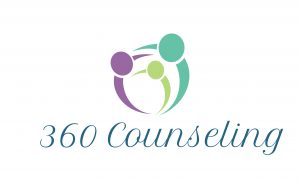The Importance of Couples Counseling: Strengthening Relationships and Enhancing Mental Health
In the tapestry of human relationships, romantic partnerships stand out as one of the most significant threads. They are sources of love, support, and companionship, but they can also be fraught with challenges and conflicts. When issues arise, couples counseling often emerges as a crucial resource. This form of therapy not only fosters healthier relationships […]




